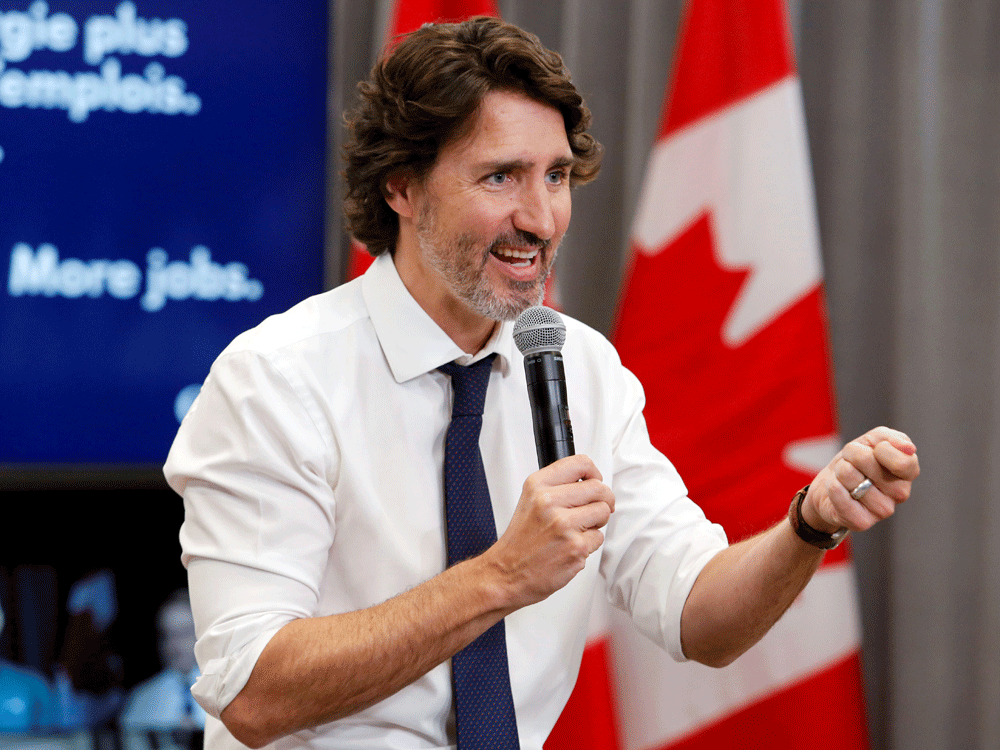UrbanRED
Active Member
Looking like Trudeau keeps going down in the polls. Really wouldn't be surprised if we have PM O'Toole in a couple weeks
I'm not big on Trudeau either, but I don't want the federal NDP or the conservatives in, so Justin it is.Really don't want to vote for Justin again, he needs to go. Don't want to vote for anyone else either, so I'm torn...
I hear you. He will not only run up the debt, he has no plan or seemingly no interest in getting us out of it.Trudeau is going to get us so far in debt I had to vote against him. Hope he loses and the Cons get in with a minority, that will keep the Social Cons from having a chance to go full Trump here I hope.

I disagree for 2 reasons:Yeah, I don't really understand the knee-jerk opposition to debt. Seems like an odd top priority issue to have in the middle of a global pandemic. Who looks at the COVID performance of the conservative provincial governments over the past year and says "actually, we should do that on a national scale"?
I disagree for 2 reasons:
1) interest rates can only go in one direction and the timing is impossible to predict
2) even with rates close to zero, there are few things that government could fund that would produce positive returns. Lower rates only push up the costs to build infrastructure, so it is a zero sum game
3) borrowing to fund operations (ex. payroll, transfers to individuals) does nothing to promote the ability to eventually pay back the debt through higher GDP growth. "Investing in people" is a false narrative




